Soft skills for engineers are indispensable in today’s dynamic work environment, where collaboration, adaptability, and effective communication are paramount for success. From communication and problem solving to leadership and emotional intelligence, engineers require a diverse skill set beyond technical expertise to thrive in their roles. Attention to detail ensures precision and safety, while continuous learning is essential to keep pace with evolving technologies.
These soft skills empower engineers to navigate complex challenges, drive innovation, and build positive relationships within multidisciplinary teams. By honing these skills, engineers can enhance their effectiveness, advance their careers, and contribute meaningfully to the ever evolving field of engineering.
Table of Contents
Toggle10 Best Soft Skills for Engineers and Their Importance
Communication Skills in Soft Skills For Engineers
Effective communication skills are indispensable for engineers, enabling them to bridge the gap between technical complexities and the understanding of diverse audiences. Whether articulating intricate technical concepts to fellow engineers, presenting project updates to clients, or explaining the implications of engineering decisions to non technical stakeholders, clear and concise communication is paramount. Engineers must adeptly tailor their message to suit the knowledge level and perspective of their audience, utilizing appropriate language and visuals to enhance understanding.
Furthermore, strong communication skills foster collaboration and teamwork within engineering teams, facilitating the exchange of ideas, feedback, and solutions. By articulating their thoughts effectively, engineers can promote innovation, problem solving, and collective decision making.
In a rapidly evolving technological landscape, the ability to communicate complex ideas in a compelling and accessible manner is increasingly valued. Engineers who excel in communication can not only ensure project success but also build trust, foster productive relationships, and drive the advancement of engineering endeavors.
Problem Solving Skills as Part of Good Soft Skills For Engineers
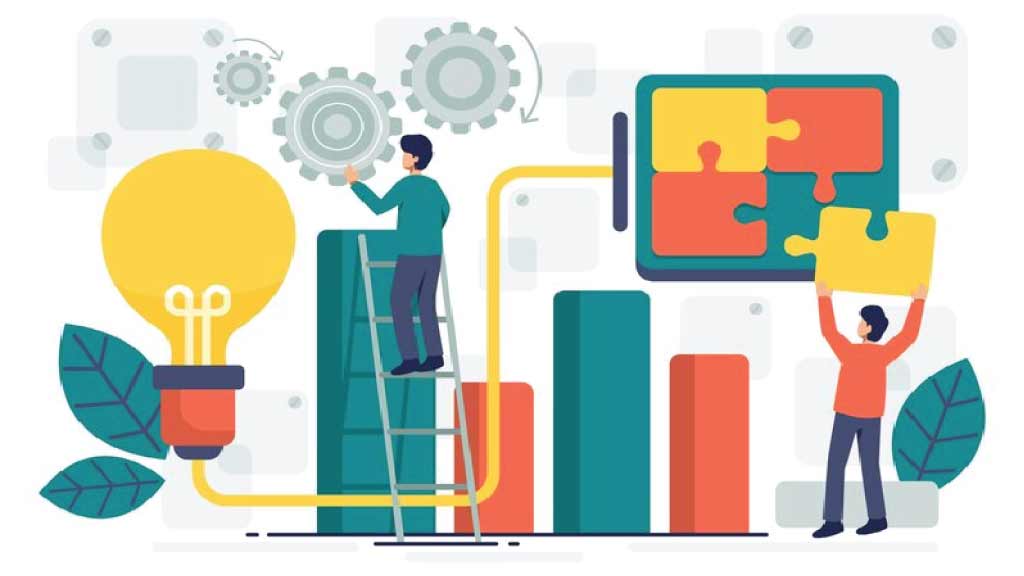
Problem solving lies at the heart of engineering, demanding a blend of analytical thinking, creativity, and perseverance. Engineers are tasked with unraveling complex challenges, be it optimizing processes, designing structures, or troubleshooting technical issues. The ability to methodically analyze problems, break them down into manageable components, and evaluate potential solutions is fundamental. Critical thinking skills allow engineers to assess information, identify patterns, and make informed decisions.
Moreover, innovation is key to engineering problem solving, as engineers seek novel approaches and unconventional solutions to overcome obstacles. Whether through refining existing methodologies or pioneering groundbreaking technologies, innovative problem solving drives progress and pushes the boundaries of what is possible.
In a dynamic and ever changing environment, engineers must remain adaptable and resilient, embracing challenges as opportunities for growth and learning. By honing their problem solving skills, engineers not only tackle current challenges effectively but also pave the way for future advancements, contributing to the continuous evolution and innovation within the field of engineering.
Teamwork and Collaboration Skills in Soft Skills For Engineers
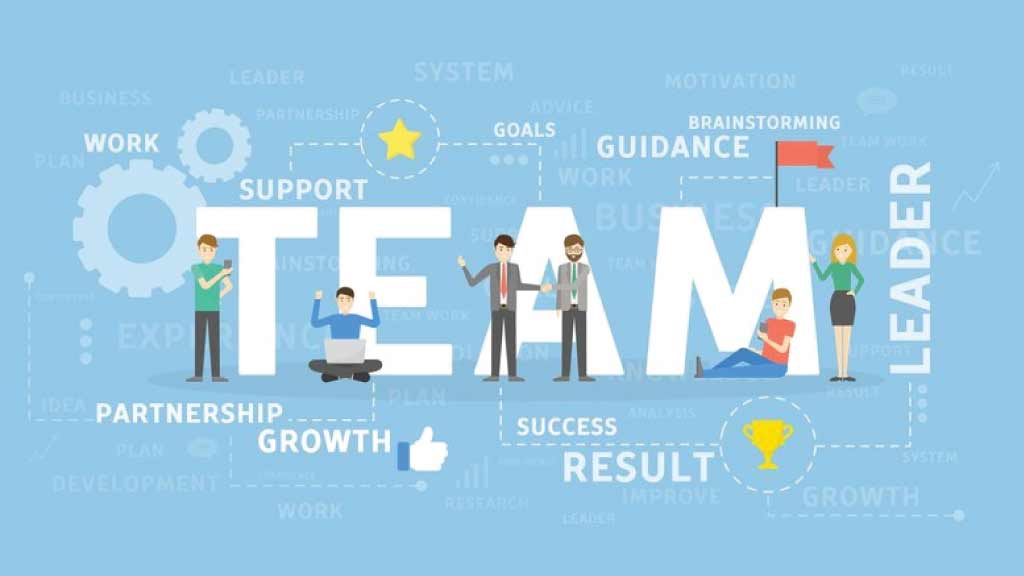
Teamwork and collaboration are foundational principles in engineering, essential for the success of complex projects that demand diverse expertise. Engineers frequently collaborate across multidisciplinary teams, pooling their skills and knowledge to tackle intricate challenges effectively. Successful collaboration hinges on effective communication, mutual respect, and a shared commitment to project goals.
Within these teams, engineers must cultivate an environment of openness and cooperation, where ideas are freely exchanged, and collective problem solving is encouraged. Each team member brings a unique perspective and skill set to the table, enriching the collaborative process and fostering innovation.
Moreover, effective teamwork in engineering extends beyond technical contributions to encompass interpersonal dynamics and relationship building. Engineers must cultivate strong interpersonal skills, such as empathy, active listening, and conflict resolution, to navigate the complexities of team dynamics and foster a culture of trust and mutual support.
Ultimately, by working collaboratively, engineers can leverage the collective intelligence of the team, optimize resources, and achieve outcomes that surpass individual efforts, driving success in engineering projects and advancing the boundaries of innovation.
Adaptability and Flexibility: Hard and Soft Skills For Engineers
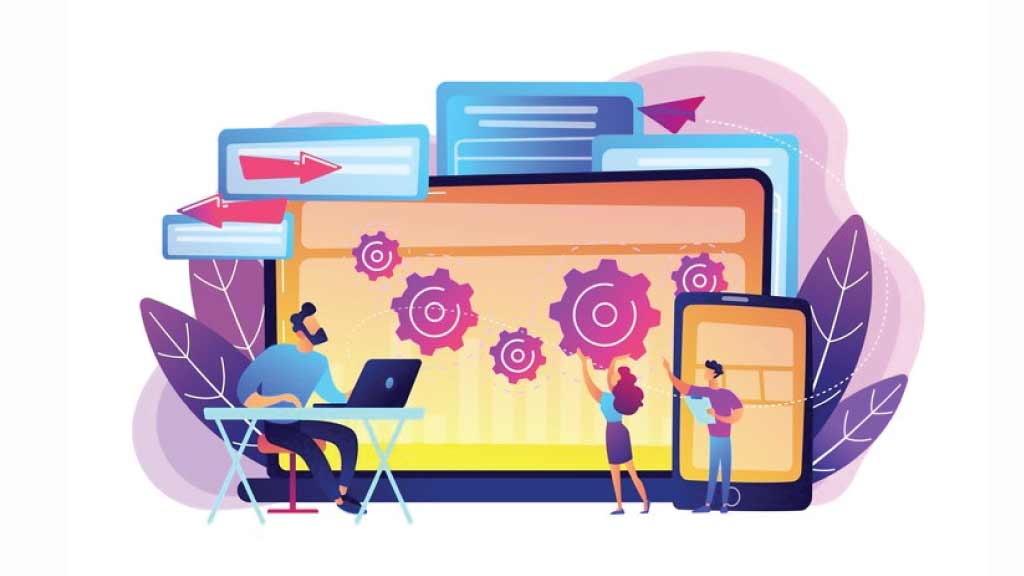
In the ever evolving landscape of engineering, adaptability and flexibility are indispensable attributes for engineers. The rapid pace of technological advancement and shifting methodologies necessitate engineers to be agile and responsive to change. Whether it’s the emergence of new technologies, evolving industry standards, or changing project requirements, engineers must adeptly pivot and adjust their approach to meet the demands of the evolving landscape.
Adaptability entails not only embracing change but also proactively seeking opportunities for growth and innovation. Engineers must remain vigilant to emerging trends and developments within their field, continuously updating their skills and knowledge to stay relevant and competitive.
Moreover, flexibility in engineering extends beyond technical proficiency to encompass mindset and approach. Engineers must be open to exploring alternative solutions, challenging traditional practices, and embracing experimentation to drive progress and innovation.
By cultivating adaptability and flexibility, engineers can navigate uncertainty with confidence, seize new opportunities, and thrive in an ever changing engineering environment, ultimately contributing to the advancement and evolution of the field.
Creativity as a Key Soft Skill For Engineers
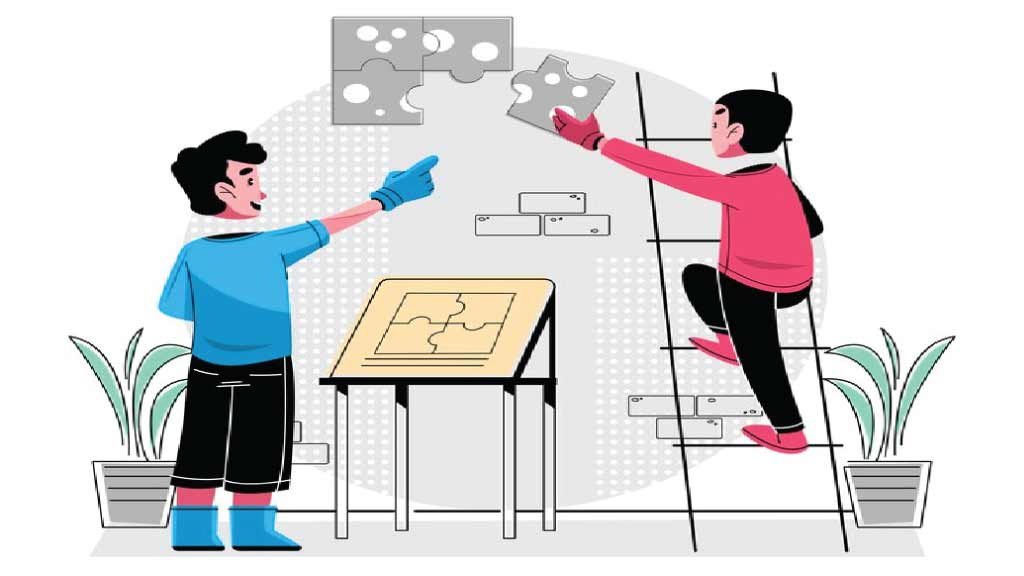
Creativity is the cornerstone of engineering innovation, empowering engineers to envision and implement groundbreaking solutions to complex challenges. In a field often characterized by constraints and technical specifications, creativity offers engineers the ability to think outside the box, explore unconventional approaches, and push the boundaries of what is possible.
Creative engineers possess a unique ability to conceptualize novel ideas, identify opportunities for improvement, and envision innovative solutions that address pressing needs. By harnessing imagination and ingenuity, engineers can develop transformative technologies, optimize processes, and design structures that revolutionize industries and improve lives.
Moreover, creativity fosters a culture of innovation within engineering teams, inspiring collaboration, experimentation, and the exchange of bold ideas. By cultivating an environment that values and encourages creativity, organizations can unleash the full potential of their engineering talent and drive sustained growth and competitive advantage.
Ultimately, creativity fuels progress in engineering, driving continuous innovation and shaping the future of technology and industry. Engineers who embrace and nurture their creative instincts are poised to make lasting contributions that advance the frontiers of engineering excellence.
Time Management Skills: A Most Important Soft Skills For Engineers
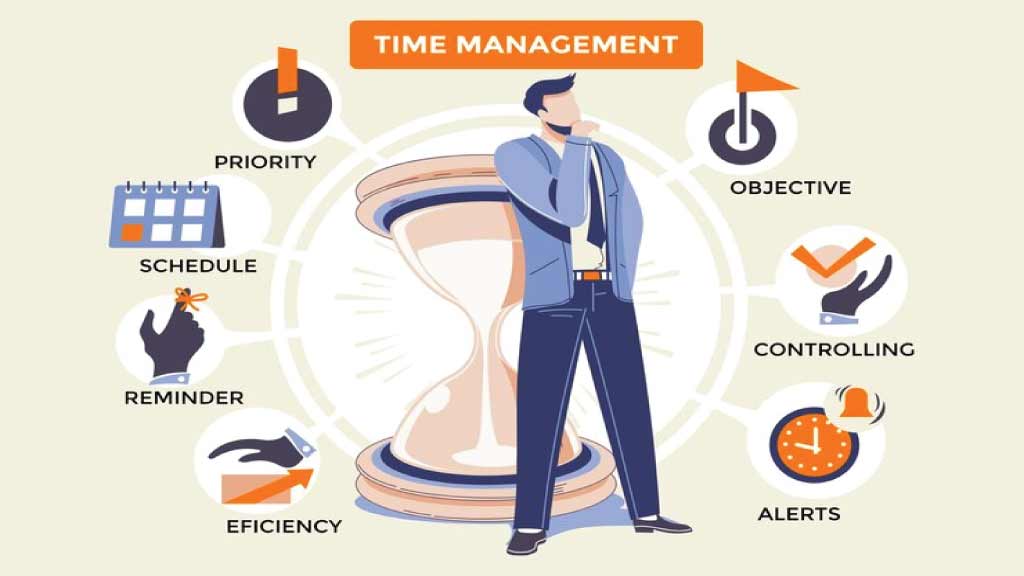
Time management skills are paramount for engineers who frequently juggle multiple projects concurrently. In the fast paced world of engineering, effective time management is critical for prioritizing tasks, meeting deadlines, and maximizing productivity.
Engineers must adeptly allocate their time and resources to ensure that each project progresses smoothly and efficiently. This involves setting clear goals, establishing realistic timelines, and breaking down complex tasks into manageable segments. By prioritizing tasks based on urgency and importance, engineers can focus their efforts on activities that have the greatest impact on project success.
Additionally, effective time management enables engineers to maintain a healthy work life balance, preventing burnout and ensuring sustained performance over the long term. This may involve setting boundaries, delegating tasks when necessary, and practicing self-care to recharge and rejuvenate.
In a dynamic and demanding field like engineering, mastering time management is not only a professional necessity but also a key factor in achieving personal fulfillment and career success. Engineers who excel in this area are better equipped to navigate challenges, seize opportunities, and make meaningful contributions to their projects and organizations.
Leadership Skills in the Context of Soft Skills For Engineers
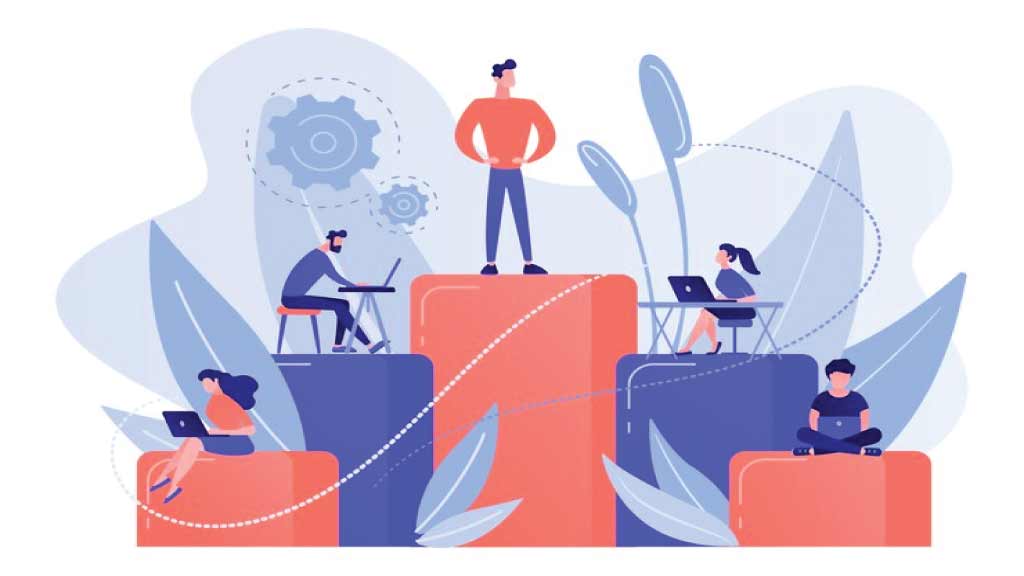
Leadership skills are invaluable for engineers, whether in formal leadership roles or leading project teams informally. Engineers often find themselves guiding teams, mentoring junior colleagues, or spearheading initiatives, necessitating strong leadership abilities to drive success.
Effective leadership in engineering requires a blend of qualities, including decisiveness, communication, and the ability to inspire and motivate others. Engineers must make sound decisions, considering various factors and stakeholders’ perspectives to chart a clear path forward. Additionally, adept delegation ensures that tasks are appropriately assigned, leveraging team members’ strengths and maximizing efficiency.
Conflict resolution is another critical leadership skill, as engineers navigate differing opinions, priorities, and personalities within teams. By fostering open communication, empathy, and a collaborative mindset, engineers can resolve conflicts constructively, strengthening team cohesion and productivity.
Even engineers who do not hold formal leadership titles can positively influence their teams and organizations through their leadership skills. By embodying leadership qualities such as integrity, accountability, and resilience, engineers can inspire trust, drive innovation, and contribute to the collective success of their projects and teams.
Emotional Intelligence: Important Soft Skills For Engineers
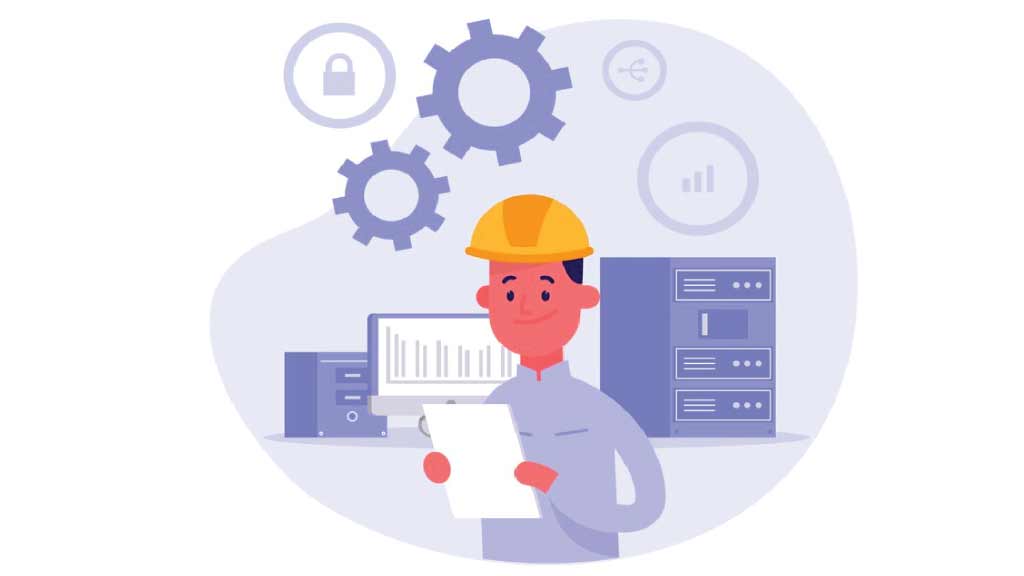
Emotional intelligence (EI) is a critical asset for engineers, enhancing their ability to navigate the complex interpersonal dynamics of the workplace. Engineers with high EI understand and manage their own emotions effectively, enabling them to remain composed and focused, even in high-pressure situations.
Moreover, EI empowers engineers to empathize with others, fostering strong relationships built on trust, respect, and understanding. By recognizing and validating the emotions of colleagues, engineers can cultivate a supportive and collaborative work environment where individuals feel valued and appreciated.
In addition to fostering positive relationships, EI equips engineers with the skills to resolve conflicts constructively. By empathetic ally listening to all perspectives, managing emotions, and communicating assertively, engineers can find mutually beneficial solutions that preserve team cohesion and productivity.
Overall, emotional intelligence enables engineers to navigate workplace dynamics with grace and diplomacy, enhancing their effectiveness as team members, leaders, and collaborators. By prioritizing EI development alongside technical expertise, engineers can cultivate a workplace culture characterized by empathy, collaboration, and mutual respect.
Is Mechanical Engineering Hard? It’s a question many future engineers grapple with. To complement this, understanding What Is Project Management Engineering can provide insights into managing engineering projects effectively. Please read our detailed and easy, ultimate guide on these topics to uncover the complexities and management strategies involved. Discover more in the full post!
Attention to Detail as a Soft Skill For Engineers

Attention to detail is a cornerstone of engineering excellence, ensuring precision and accuracy in the design, development, and implementation of products, structures, and systems. Engineers must meticulously scrutinize every aspect of their work, from intricate calculations to intricate designs, to identify and rectify potential errors or discrepancies.
In engineering, even minor oversights can have significant consequences, ranging from compromised product quality to safety hazards. By maintaining a keen focus on detail, engineers uphold the highest standards of quality and safety, mitigating risks and ensuring optimal performance.
Moreover, attention to detail extends beyond technical specifications to encompass regulatory compliance, documentation accuracy, and adherence to industry standards. Engineers must meticulously document their work, track changes, and ensure thorough documentation to facilitate traceability and accountability throughout the project lifecycle.
Ultimately, attention to detail is not just a skill but a mindset that underscores the commitment of engineers to deliver excellence in their work. By prioritizing precision and accuracy, engineers uphold the integrity of their profession and contribute to the advancement and reliability of engineering endeavors.
Continuous Learning: Enhancing Soft Skills For Engineers

Continuous learning is indispensable for engineers navigating the ever evolving landscape of their profession. In an era of rapid technological advancement and innovation, engineers must embrace a mindset of lifelong learning to remain relevant and effective in their roles.
The field of engineering is characterized by constant change, with new technologies, methodologies, and best practices emerging regularly. To stay abreast of these developments, engineers must dedicate themselves to ongoing education and skill development. This may involve pursuing advanced degrees, attending workshops and conferences, participating in professional development courses, or engaging in self-directed learning initiatives.
Moreover, continuous learning enables engineers to adapt to shifting industry trends, anticipate future challenges, and seize new opportunities for innovation and growth. By staying curious, open minded, and proactive in their pursuit of knowledge, engineers can position themselves as leaders in their field, driving progress and shaping the future of technology and industry.
Ultimately, continuous learning is not just a professional obligation but a pathway to personal fulfillment and career success in the dynamic and rewarding field of engineering.
Conclusion About Important Soft Skills For Engineers
In conclusion, soft skills are the bedrock of success for engineers in the modern era. As highlighted throughout this discussion, the ability to communicate effectively, solve problems creatively, collaborate seamlessly, adapt to change, lead with empathy, pay attention to detail, and engage in continuous learning is crucial for engineers to excel in their roles. These skills not only complement technical expertise but also enable engineers to navigate complexities, foster innovation, and drive positive outcomes in their projects and organizations.
By prioritizing the development of soft skills alongside technical knowledge, engineers can position themselves as versatile and impactful contributors to the ever evolving field of engineering. As the landscape of technology continues to evolve, engineers equipped with strong soft skills will be well prepared to tackle new challenges, seize opportunities for growth and shape the future of engineering innovation.
Curious about What Is Industrial Design and how it shapes the products we use every day? Additionally, learning What is Precision Machining reveals the meticulous processes involved in crafting high-quality components. Please read our detailed and easy, ultimate guide on these topics to understand their crucial roles. Explore the full post for more insights!
FAQ about Soft Skills for Engineers:
Why are soft skills important for engineers?
Soft skills like communication and teamwork enhance engineers’ ability to collaborate effectively, understand client needs, and convey complex technical concepts to diverse audiences, fostering project success and career advancement.
How can engineers improve their problem solving skills?
Engineers can enhance problem solving abilities through practice, critical thinking exercises, and seeking diverse perspectives. Engaging in continuous learning and staying updated with industry trends also fosters innovative problem solving approaches.
What role does emotional intelligence play in engineering?
Emotional intelligence enables engineers to navigate workplace dynamics, build strong relationships, and resolve conflicts constructively. By understanding and managing emotions, engineers foster a positive work environment conducive to collaboration and innovation.
How can engineers balance multiple projects effectively?
Effective time management, prioritization, and delegation are key for engineers balancing multiple projects. Setting clear goals, establishing realistic timelines and leveraging project management tools help optimize productivity and ensure successful project outcomes.
What are some strategies for continuous learning in engineering?
Engineers can pursue continuous learning through professional development courses, workshops, conferences, and self directed study. Networking with peers, participating in online forums, and seeking mentorship opportunities also facilitate ongoing skill enhancement and knowledge acquisition.
Images ‘Designed by Freepik‘

